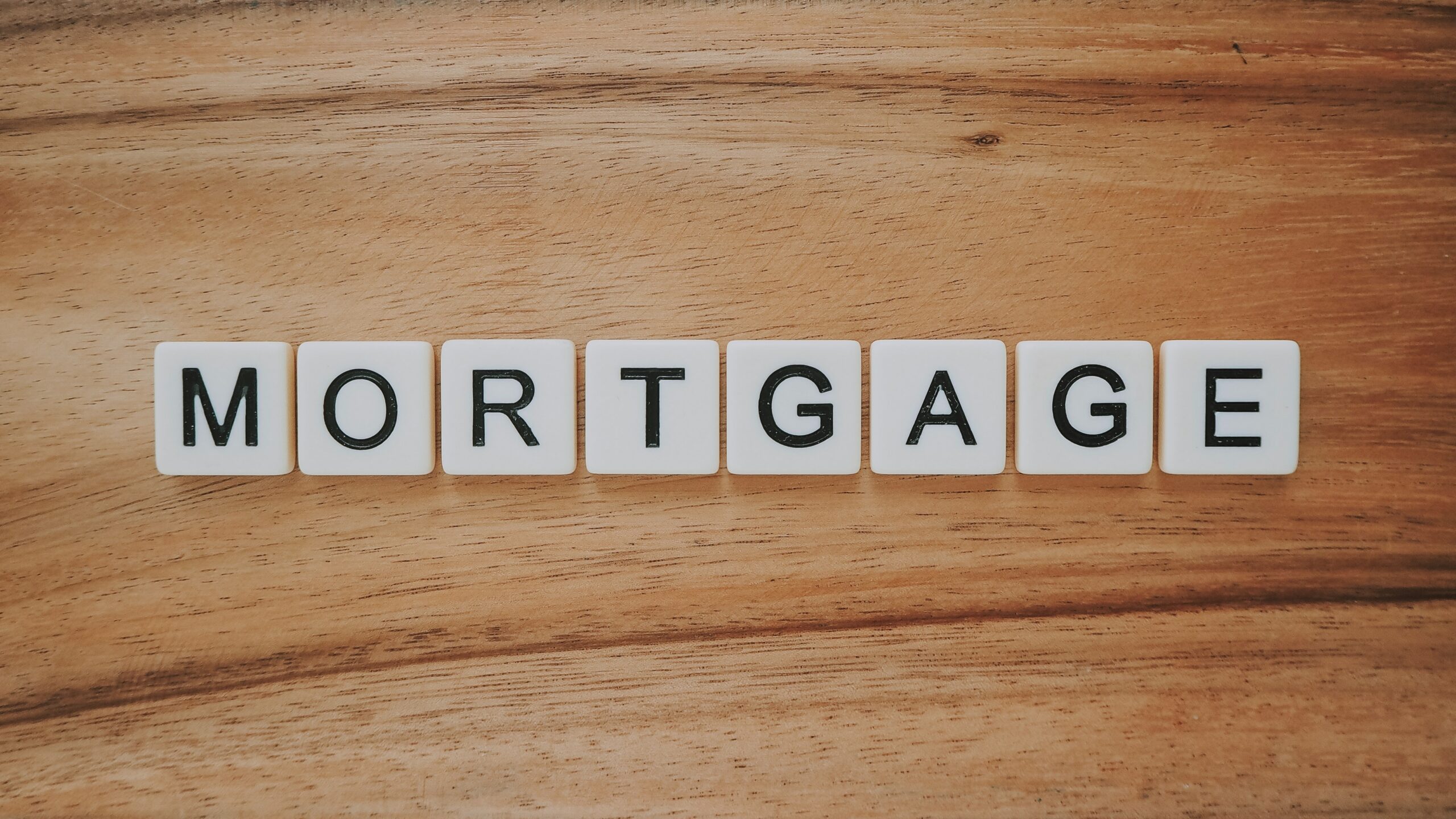The decision to buy a home versus renting one can be a daunting one, especially when it comes to the financial aspect. While homeownership is often considered a wise investment, there are costs associated with it that may not be immediately apparent. In this blog, we’ll compare the expenses of owning a home versus renting one over a 10-year period to help you make an informed decision.
Owning a Home: The Expenses
- Mortgage Payments: Your mortgage payment will likely be your biggest expense as a homeowner. Depending on the size of your down payment, your credit score, and the interest rate, your monthly mortgage payment can vary greatly.
- Property Taxes: Property taxes can vary greatly depending on where you live, but they are a significant expense for most homeowners. You’ll need to pay property taxes every year, and they can increase over time.
- Homeowners Insurance: Homeowners insurance is essential to protect your investment, but it can be a costly expense. The cost of homeowners insurance can depend on factors such as your location, the size of your home, and the coverage you choose.
- Maintenance and Repairs: Unlike renting, where your landlord is responsible for maintenance and repairs, homeowners are responsible for all upkeep on their property. This can include anything from routine maintenance to major repairs, such as a new roof or HVAC system.
Renting a Home: The Expenses
- Rent Payments: Rent payments are typically the biggest expense for renters. Depending on the location and size of the rental, rent can vary greatly.
- Renters Insurance: While not required by law, renters insurance is a smart investment for anyone renting a home or apartment. Renters insurance can protect your personal belongings in the event of theft, fire, or other types of damage.
- Utilities: As a renter, you’ll be responsible for paying for utilities such as electricity, gas, and water. The cost of utilities can vary depending on the size of the rental and your usage habits.
- Move-In Costs: When renting, you’ll need to pay a security deposit and potentially the first and last month’s rent upfront. These move-in costs can add up quickly.
The 10-Year Comparison
Let’s assume you’re considering purchasing a home for $300,000 with a 20% down payment and a 30-year fixed-rate mortgage at a 3.5% interest rate. Here’s how the expenses compare over 10 years:
Owning a Home:
- Mortgage payments: $138,081
- Property taxes: $40,000
- Homeowners insurance: $9,000
- Maintenance and repairs: $20,000 Total Expenses: $207,081
Renting a Home:
- Rent payments: $240,000
- Renters insurance: $1,500
- Utilities: $18,000
- Move-in costs: $10,000 Total Expenses: $269,500
As you can see, over a 10-year period, owning a home can actually be less expensive than renting one. However, it’s important to keep in mind that these expenses can vary greatly depending on your individual circumstances. Additionally, owning a home comes with other benefits, such as building equity and the potential for appreciation in value.
Conclusion
While there are many factors to consider when deciding whether to buy or rent a home, the financial aspect is a major one. While owning a home can come with additional expenses, such as property taxes and maintenance costs, it can ultimately be less expensive over a 10-year period than renting a comparable property. However, it’s important to work with a reputable mortgage lender and real estate agent to ensure that you’re making an informed decision based on your goals.











